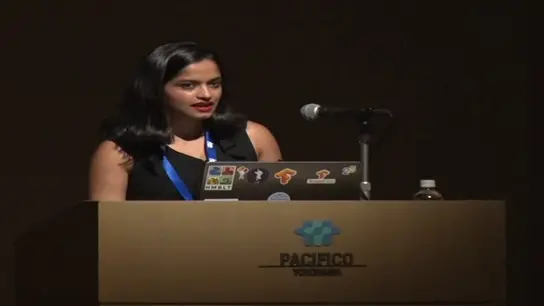-
Members: FreeCIS
IEEE Members: Free
Non-members: FreeLength: 00:58:55
22 Aug 2022
Sarit Kraus (Bar-Ilan University, Israel), Abstract: Intelligent computer agents are increasingly being deployed in group settings in which they interact with people in order to carry out tasks. To operate effectively in such settings, computer agents need capabilities for making decisions and negotiating with other participants�both people and computer-based agents. To construct effective agent strategies, it is almost impossible to use only a purely analytical approach, but there is a need to learn and evaluate agent strategies empirically in specific domains. In the talk, we will discuss five types of domains: (i) real applications such as agents for road safety; (ii) simulations of real applications such as autonomous car simulations; (iii) complex, off-the-shelf games such as Diplomacy or card games; (iv) designed games for the specific research questions such as the Colored Trails environment; and (v) abstract simple games such as the Ultimatum game. For each of the domain types, we will present several examples and demonstrate their use in agents� development and evaluation. We will discuss the advantages and the challenges of agent studies in each of the settings.


